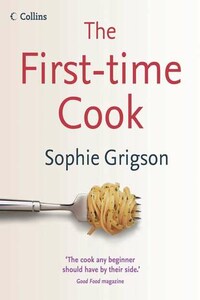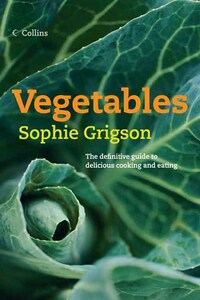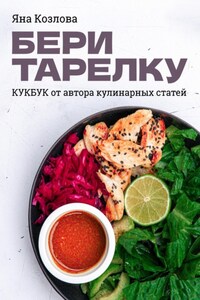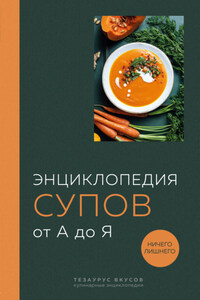Good question. Why should you learn to cook at all? You’ll get by just fine on takeaways, ready-meals, sandwiches, crisps and chocolate. Nobody needs to cook at all these days, as long as they own a microwave, a kettle and a toaster.
This is potentially a good thing, and certainly hugely liberating. Before you throw the book down in disgust, let me explain. Cooking should be and can be a thoroughly enjoyable life-enhancing task. There is such pleasure to be had from working with beautiful, fresh, natural produce, from combining ingredients to expose their finest, most enticing flavours, a kind of magic that is there to be discovered by every person who walks into a kitchen with appetite and hunger. All this before you even get to the climax of the whole endeavour – the eating itself.
How miserable then, when cooking becomes a tyranny, which it can when there is a day-in-day-out obligation to put a proper cooked meal on the table. So to me, the ideal is a balanced compromise between real cooking as often as possible, and convenience food as back-up for those days when work or play has sapped your energy. There’s nothing wrong with beans on toast every now and then.
There are considerable health benefits to be had from cooking your own food, too. This is not a book about nutrition, but the fundamental principles of healthy eating are straightforward: variety, moderation, loads of veg and fruit. With you as head honcho in the kitchen, you can make yours a healthy, delicious way of eating that allows for occasional indulgences without guilt.
To do that though, you will have to know how to cook. It’s really not at all difficult. It just takes a bit of practice and it will stand you in good stead for the rest of your life. Encapsulated in the recipes in this book are most of the basic techniques you will need to cook a myriad of dishes. It is not a ‘complete’ or ‘comprehensive’ course – that would be quite impossible. I’ve skipped over certain skills you can manage without for the time-being (e.g. making pastry). I have included a wide range of recipes covering both familiar foods and some that may be new to you, to get your culinary imagination in full working order.
And finally, a kitchen motto that has worked well for me, ever since the day when I moved into my first bedsit, and began the task of learning to cook for real: don’t panic. If the worst does come to the worst (we all have off days) and you bodge it up completely, bin it, and send out for a pizza!
Skip this if you want to; I know it sounds superfluous. Any fool can read a recipe, but do they know how to interpret what they read? Mostly it is common sense, just a list of instructions that you should follow in the right order to end up with something enjoyable to eat. It is, however, worth noting that these instructions are nothing more than guidelines, not hard and fast rules inscribed in granite.
For instance, I cannot tell you exactly how long to cook a sauce or a gratin; your pans and dishes are unlikely to be exactly the same size or style as mine; your stove will not be the same as mine; and your idea of a medium heat will not be identical to mine. But, assuming that you and I concur roughly on these three parameters, my suggested cooking times will be roughly right. So, treat them as estimates. Use your own senses to judge when dishes are perfectly cooked – check the look, the smell (a waft of burning cheese is a dead giveaway that you’ve massacred your cheese on toast), the taste, the feel (with cakes this is essential), and even the sound – sizzling is the best indicator of the heat of fat, for instance. The more you cook, the easier this all becomes.
When you decide to cook a particular recipe, read it through carefully before you even write your shopping list. Do you have all the right equipment (no good tackling a gratin if you don’t have a suitable shallow ovenproof dish)? If not, it may be worth adding what you lack to your list.
Do you understand the various cooking terms? If not, look them up in this book, or another reference book, or phone somebody who might be able to explain them to you. Don’t give up instantly if you are not quite clear – often something makes much more sense as you are preparing or cooking real ingredients, and it’s only by practising that you will become proficient. How long does it take to cook? Can you prepare some of it in advance?
It is worth noting that in a well-written recipe, the ingredients are usually listed in the order they are used. This can be useful when you are cooking. As a novice cook, it makes sense to measure and prepare all ingredients as described in the ingredients list before you actually start on the cooking proper. The exception to this is when one part of the recipe needs to be made in advance (you might need to marinate something for several hours before cooking and making the sauce), but if you’ve read your recipe carefully you’ll already be aware of this. As you gain experience and confidence you will know what has to be chopped or sliced initially, and what else can be done while the first batch of ingredients is sizzling away in the pan.









